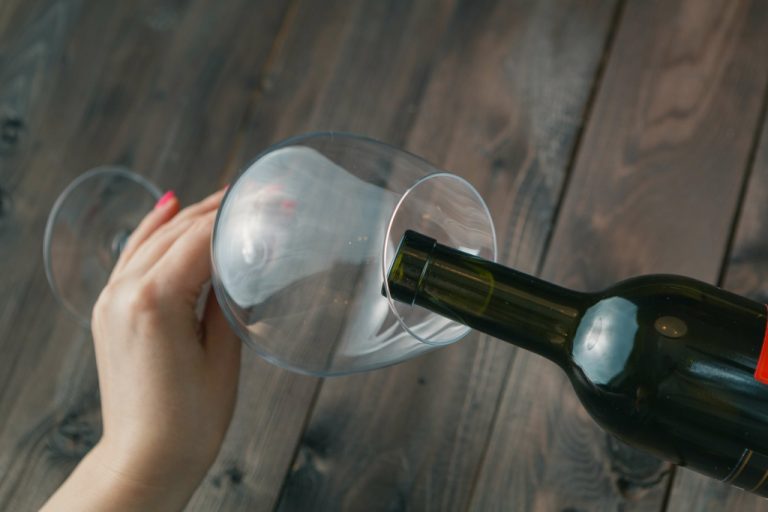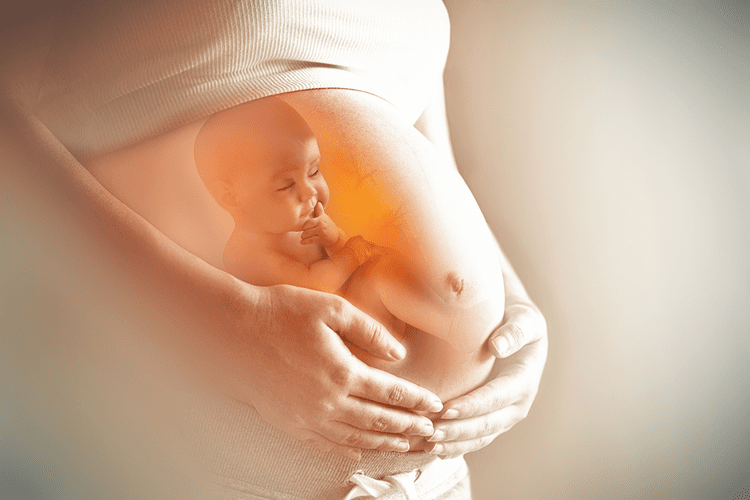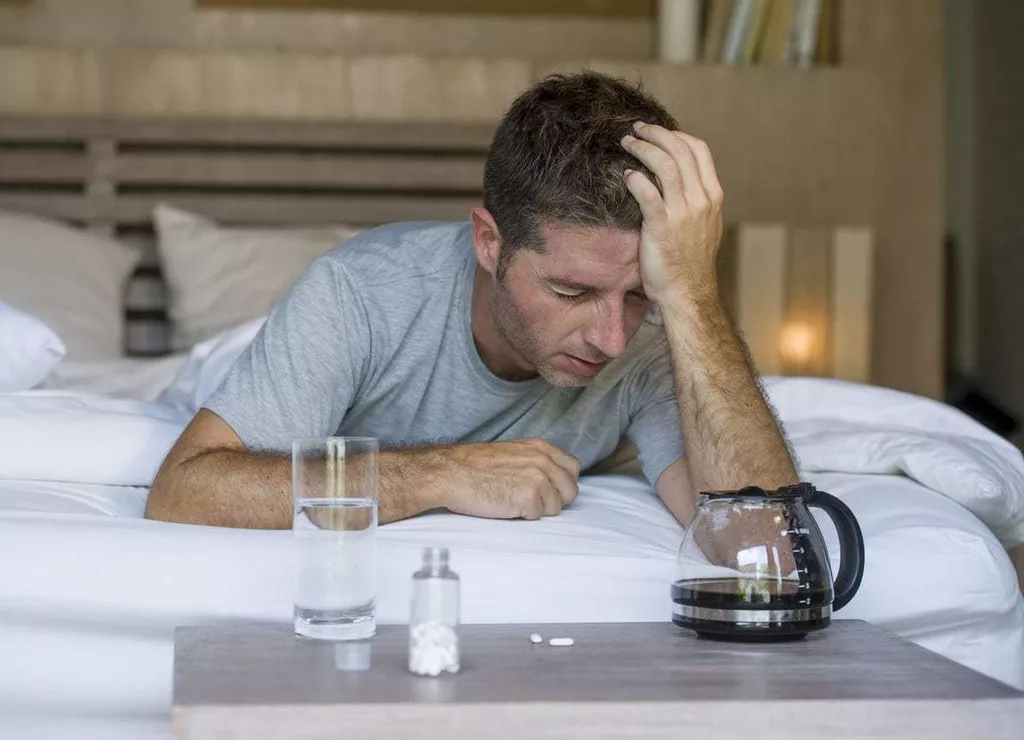Contents
The American Academy of Dermatology recommend that people who have acne avoid using rubbing alcohol on their skin. Experts warn that applying rubbing alcohol to acne may make the acne worse. A good alternative if you’re severely dehydrated is coconut water.

If you are concerned about the effects of alcohol on your skin, you may want to limit your consumption or avoid alcoholic beverages altogether. Drinking alcohol in excessive amounts can adversely affect the functioning of your liver . If your liver fails to flush out the toxins, they are usually flushed out through other parts of your body like your skin. Your immune system acts as a protective shield against all pathogens.
SKIN
Sugar is known to trigger inflammation, causing an increase in insulin levels, ultimately leading to an increased oil production. Rubbing alcohol likely won’t work in the same way for noninflammatory acne . This type of acne is not caused by bacteria and other organisms. Blackheads and whiteheads are caused by clogged pores. Still, the drying effects of alcohol could dry out dead skin cells, which, in theory, might reduce the incidence of clogged pores. As it turns out, bacteria, inflammation, excess oil production, and clogged pores are the true culprits behind all those blemishes.
If you don’t prefer your tequila straight up, experiment with adding coconut water or even aloe juice for some added hydration. It can reduce and even destroy some protective cells, meaning you’re more likely to get infections and acne. Does to your body, which can affect your skin and cause breakouts. So, next naltrexone for alcoholism time you’re going out to the bar or having a get-together with friends, make sure to have fun but also make sure to drink within your limit. Furthermore, when your immune system has to work harder to fight off bacteria and diseases, your immune system might go into overdrive and this isn’t a good thing.
- If your liver is unable to effectively remove toxins, the toxins may be stored within the body or expelled through other channels, such as your skin.
- I feel like I have treated myself, every time I use it.
- And as always, have a big pitcher of ice water on hand so guests can stay hydrated between drinks.
- While alcohol may not directly cause acne, its potential effects on your skin increase the more and the longer you drink.
When your body is exposed to alcohol, it fights off the bacteria with great difficulty. Alcoholic drinks that are high in sugar may suppress the immune system and create the ideal situation for bacterial growth. These two factors coupled together may increase the risk of skin infections that could further damage the skin. Clear liquors, such as gin and vodka, are often used in mixed drinks.
Or instead of an astringent, try using a toner made with gentler ingredients like camphor, green tea, or aloe vera. As opposed to astringents that clean and tighten skin, toners help clean, hydrate, and nourish the skin while balancing out the skin’s pH levels. This article describes the effect of rubbing alcohol on the skin and why it may cause more harm than good. It also offers several alternatives to keep your skin clean while preventing pimples. Verywell Health’s content is for informational and educational purposes only. Our website is not intended to be a substitute for professional medical advice, diagnosis, or treatment.
Different Types Of Alcohol And Their Effects On Your Skin
That’s why our information is evidence-based and fact-checked by medical experts. Still, everyone’s skin is unique—the best way to get advice is to talk to your healthcare provider. I have used several cleansers over the years and since trying the B-Meltee, I always come back to this product. It is a clean fragrance as well as a clean feeling without drying out my skin. I would recommend this product to all ages and all skin types. Rosewater does more than just smell delightful; it can also help clear up your acne.

Alcohol is high in sugar, causing a spike of insulin in your body, which can increase your testosterone levels. First, let’s start with the good news- there has not been a proven direct link between drinking alcohol and getting acne. As we’ve mentioned before, acne can develop due to inflammation when dead skin cells, bacteria, and dirt get clogged in the pores.
How Alcohol Affects Skin
Alcohol also evaporates quickly, which makes the substance ideal for injection prep and other medical uses. Inherently, rubbing alcohol can fight bacteria and other harmful microbes. Such effects make rubbing alcohol and other alcohol-containing ingredients essential for cleaning wounds and disinfecting surfaces. Alcohol is also a key ingredient in many hand sanitizers. When oil, bacteria, dead skin, and dirt block your pores, you may develop pimples, or acne.

After a month of staying alcohol-free, you can see some significant changes in your skin. If you have gained weight due to alcohol alcohol withdrawal scale aws consumption, at this point you may also experience weight loss. Beer also contributes to skin inflammation and dehydration.
Alcohol may not directly cause acne, butdrinking can lead to pimples and skin damage. While this might not always be an immediate effect following one night of heavy drinking, it is a possibility that increases the more and the longer you drink. The sugar in some alcoholic drinks increases the risk of skin damage and skin infections. Alcohol has several side effects that increase how to avoid alcohol withdrawal the risk of acne, including causing hormone changes, suppressing your immune system and increasing stress. Before using rubbing alcohol on your face, make sure that you select an isopropyl alcohol that’s no more than 70 percent ethanol. While it’s available at the drugstore in 90-percent-alcohol formulas, this is much too strong for your skin, and totally unnecessary.
The effects of alcohol on skin
There are many things that cause acne and alcohol is one of them. Have you ever wondered why you wake up Monday morning from a weekend of drinking with 4 new pimples? A weakened immune system makes it easier for bacteria to get under skin, causing blemishes and acne to appear. Alcohol also causes an imbalance in two hormones, testosterone and estrogen. Hormones such as testosterone and estrogen act as chemical messengers that control and coordinate the functions of the body’s tissues and organs. Alcohol consumption can impair the testosterone and estrogen hormones ability to function properly, which can make you appear dull and pale.
If medical options do not work, a person should talk to their doctor or dermatologist about trying natural remedies. Healthcare providers can offer suggestions based on an individual’s skin type and the type of acne they have. This article provides information on how rubbing alcohol may affect acne. We also outline the potential risks of using rubbing alcohol to treat acne and offer some alternative treatment options. Acne is usually caused by hormonal changes or excess oil production, and while it can be treated with medication, it often goes away on its own eventually. “Alcohol causes inflammation of liver cells, leading to oxidative stress,” says Adams.
Some folks are allergic to alcohol, which can lead to symptoms that look like acne (but aren’t). If you’re allergic to alcohol, you may experience red skin and hives. You’re also likely to have nausea or even trouble breathing. Consult with your doctor if you think you may have an alcohol allergy.
Chances are you’ll need to eliminate alcohol from your diet altogether, rather than just reduce it. Or it can lead you to consume more foods that cause inflammation (late night pizza, we’re looking at you). It can cause oxidative stress, and it can overload your liver with toxins. However, just like stress, caffeine, and other things that aren’t great for you in excess, alcohol can disrupt your body’s balance in ways that promote breakouts. This means that you and therefore your skin can be left very dehydrated after a night of drinking.
